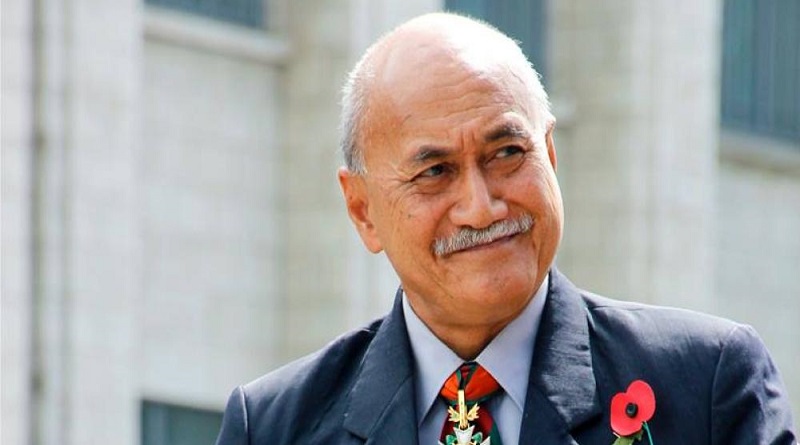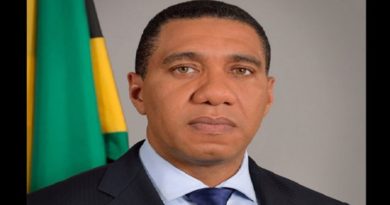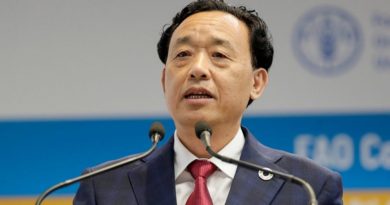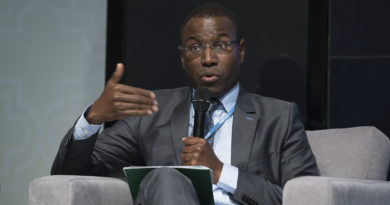Fiji hosts regional dialogue on NDC
The Government of Fiji, the incoming Presidency for COP 23, hosted two important climate change meeting from 6 – 9 December 2016: Regional Dialogue on Nationally Determined Contributions (NDCs), for the Pacific Islands from 6 to 7 December 2016, followed by a Capacity-building Workshop on the MRV/Transparency Framework for the Pacific Islands from 8 to 9 December 2016.
The Regional Dialogue on NDCs brought together government representatives from the Pacific region, developed country representatives and international organizations/experts involved in the NDC process. The Dialogue served as a platform to take stock of submitted NDCs from the region, including the status of and plans for implementation of NDCs, as well as exchange of country experiences. It also touched upon some of the technical and institutional issues that the countries in the region are facing in implementing their NDCs.
The dialogue, organized by UNDP, the UNFCCC secretariat, and the UNDP/UNEP Global Support Programme (GSP) for National Communications and Biennial Update Reports, was attended by almost 60 participants, including representatives from 14 Pacific Island countries, as well as other countries and organizations. This was the third in a series of joint UNDP/UNFCCC regional dialogues funded by a number of donors. The first was held in Costa Rica in June for the LAC region, and the second in Tunis in August for the Africa region. The Asia dialogue will take place in Turkey in February 2017.
The second event, a Capacity-building Workshop on the MRV/Transparency Framework for the Pacific Islands, was co-organized by the UNDP/UNEP Global Support Programme (funded by the Global Environment Facility – GEF) and by the Governments of Australia and Singapore with technical support from the UNFCCC secretariat. The workshop, attended by the same group of participants, was aimed at engaging the technical capacity of countries from the Pacific region to enhance their ability to participate effectively in the existing MRV arrangements and to prepare them for the implementation of the transparency framework under the Paris Agreement.




